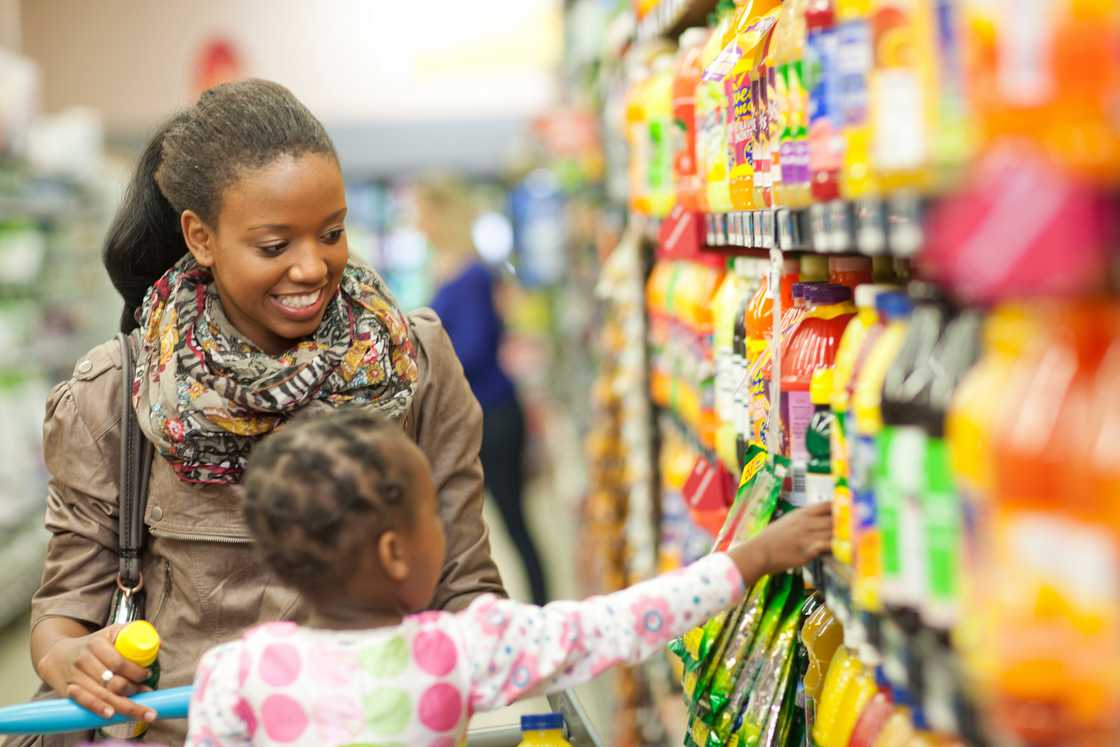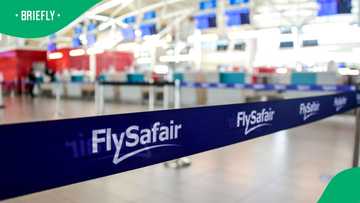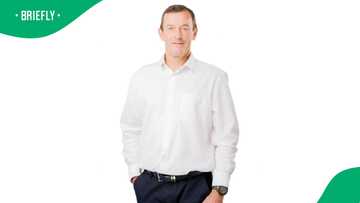StatsSA Reveals That Consumer Price Inflation Increases As Food Prices Increase
- Statistics South Africa released its latest consumer price index inflation figures, which do not paint a good picture
- Inflation increased from May, which also means food inflation increased from the previous month
- Inflation for some food types decreased, while prices for rentals increased, while alcohol prices increased
- Briefly News spoke to Wits Economist Dr Kenneth Creamer about the inflation
Tebogo Mokwena, Briefly News's current affairs journalist, covered current affairs relating to international conflict, the economy, finance, banks, and state-owned enterprises during his seven years at Daily Sun and Vutivi Business News.

Source: Getty Images
JOHANNESBURG — Statistics South Africa (StatsSA) on 23 July released the latest consumer price inflation (CPI), which showed that inflation for food increased from the previously reported period.
According to StatsSA, annual consumer price inflation increased by 0.3% in June 2025 from 3.0% in May. The inflation rate for goods was 2.3% up from 1.8% in May. When compared to the same period last year, StatsSA found that inflation for different types of food increased.
Meat increased by 6.6% from 2024 to 2025. Fish and other seafood increased by 4.8%. Milk, eggs, and other dairy products decreased by 0.5%, while vegetable inflation increased by 13.6%.
PAY ATTENTION: Briefly News is now on YouTube! Check out our interviews on Briefly TV Life now!
Inflation for alcohol also increased compared to last year. wine became more expensive by 5.4% compared to the previous year. Beer inflation increased by 4.1% and spirits and liqueurs increased by 4.1%. This means that the annual inflation for alcoholic beverages and tobacco increased by 4.4%.

Source: Getty Images
The economy since 2024
On 19 September, the South African Reserve Bank governor Lesetja Kganyago announced that the Reserve Bank slashed the interest rate by 25 basis points. This reduced the interest rate to 8% and it was effective from 20 September.
Consumer inflation reached a four-year low by November 2024. The consumer price inflation in October was 2.8% and the decline in petrol and diesel prices contributed significantly towards this. Inflation for non-alcoholic beverages and food also decreased.

Read also
SA reacts as SARB governor Lesetja Kganyago cuts repo rate by 25 basis point to 10.5 percent
In an opinion piece, Wandile Sihlobo, the Chief Economist of the Agricultural Business Chamber of South Africa, said in March 2025 that lower inflation does not equate to lower prices. He said that while the inflation slowed down in January, food prices rose dramatically.
Economist speaks to Briefly News
Dr Kenneth Creamer, an economist at Wits University, spoke to Briefly News about the inflation.
"South Africa’s inflation rate remains low and the South African Reserve Bank will likely find itself in a position where it can decide to cut interest rates further at its end-of-July meeting, as has been the case at a number of its meetings in recent months," he said.
Creamer added that dollar weakness and related Rand strength are one of the factors subduing the rate of inflation in the South African economy, but there is a high degree of uncertainty, both internationally and in the local economy, which makes longer-term planning and projections very difficult
What did South Africans say?
Netizens commenting on Facebook shared their view on the price increase.
Kyle Mocke said:
"Wait until Trump's tariffs kick in next month."
Pauline Quaint said:
"Every time you go to the shop, the price has gone up by a few rand."
Rahgib Davids said:
"It's time to cut the interest rates even more."
Western Cape High Court dismisses EFF's fuel levy challenge
In a related article, Briefly News reported that the Western Cape High Court dismissed the Economic Freedom Fighters' bid to challenge the fuel increase. This came after the fuel levy increase came into effect on 4 June.
Finance Minister Enoch Godongwa announced that there would be an inflation-linked increase to the general fuel levy. This means that as of June 2025, the levy for petrol increased by 16 cents per litre and by 125 cents per litre for diesel.
PAY ATTENTION: Follow Briefly News on Twitter and never miss the hottest topics! Find us at @brieflyza!
Source: Briefly News



